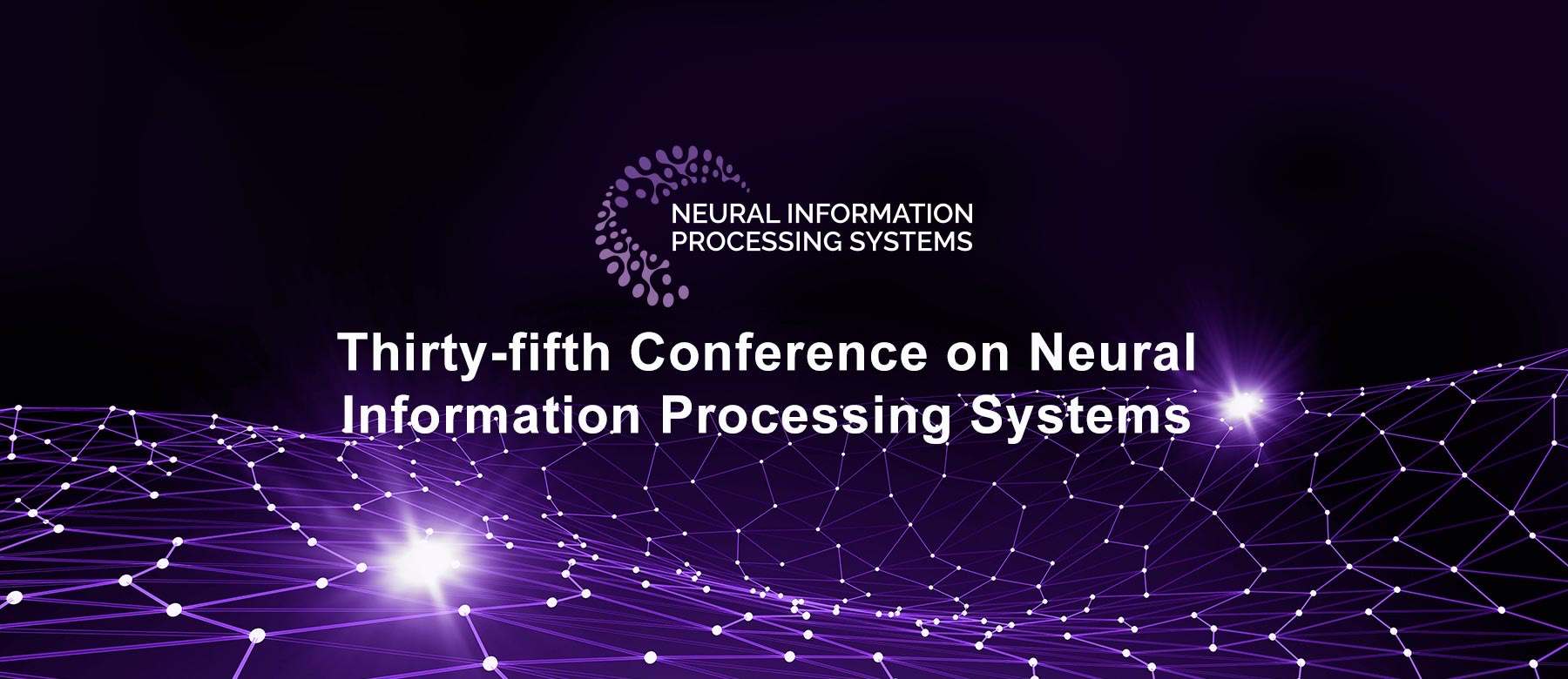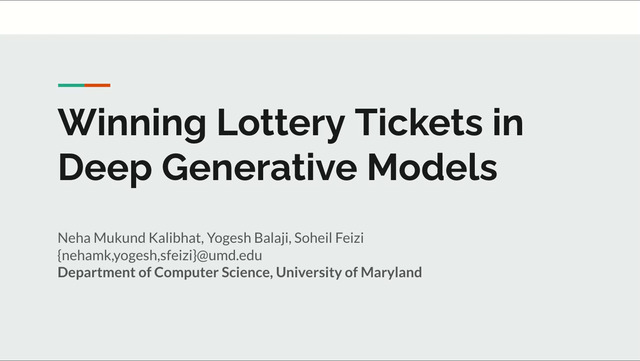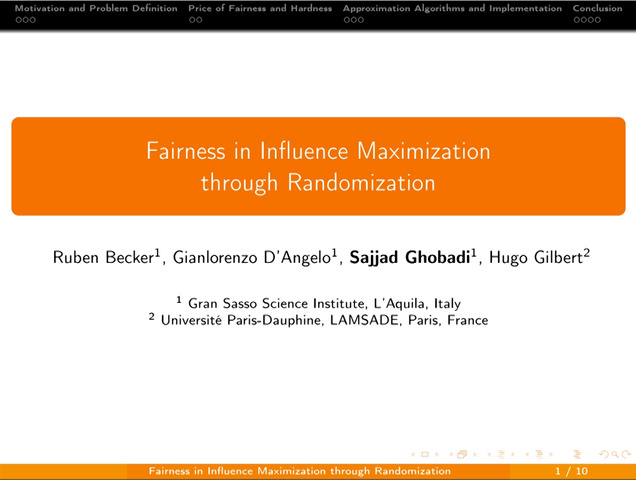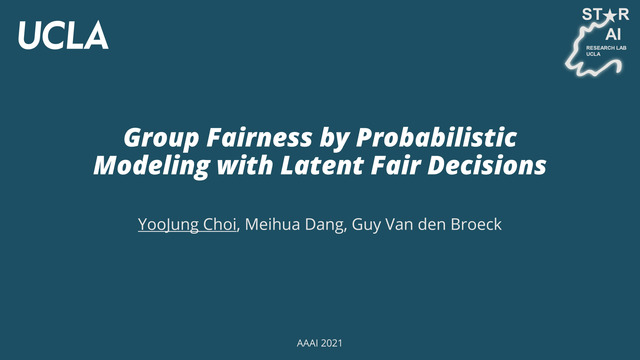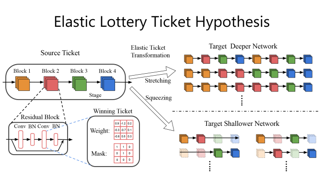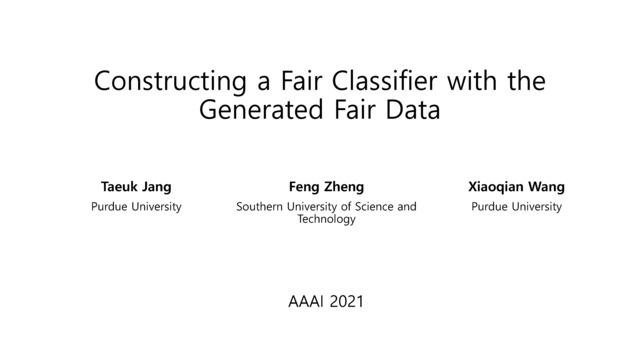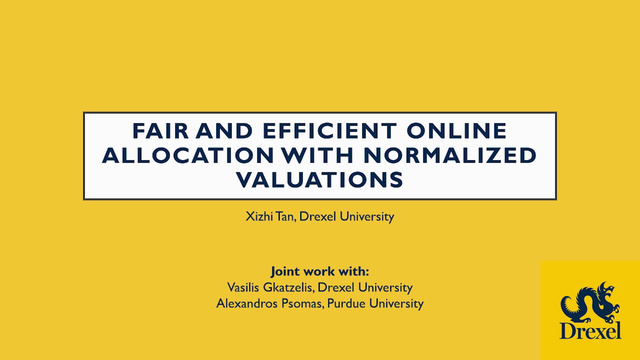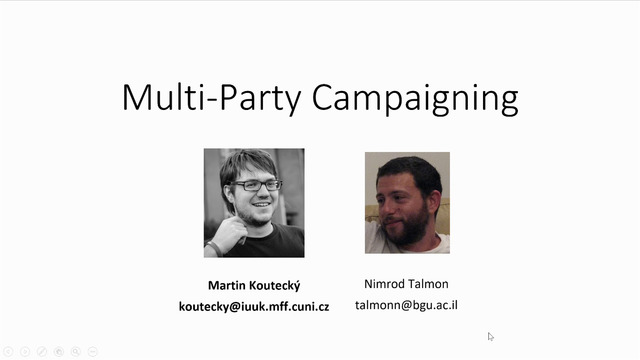Abstract:
Sortition is an age-old democratic paradigm, widely manifested today through the random selection of citizens' assemblies. Recently-deployed algorithms select assemblies \textit{maximally fairly}, meaning that subject to demographic quotas, they give all potential participants as equal a chance as possible of being chosen. While these fairness gains can bolster the legitimacy of citizens' assemblies and facilitate their uptake, existing algorithms remain limited by their lack of transparency. To overcome this hurdle, in this work we focus on panel selection by uniform lottery, which is easy to realize in an observable way. By this approach, the final assembly is selected by uniformly sampling some pre-selected set of $m$ possible assemblies.We provide theoretical guarantees on the fairness attainable via this type of uniform lottery, as compared to the existing maximally fair but opaque algorithms, for two different fairness objectives. We complement these results with experiments on real-world instances that demonstrate the viability of the uniform lottery approach as a method of selecting assemblies both fairly and transparently.

